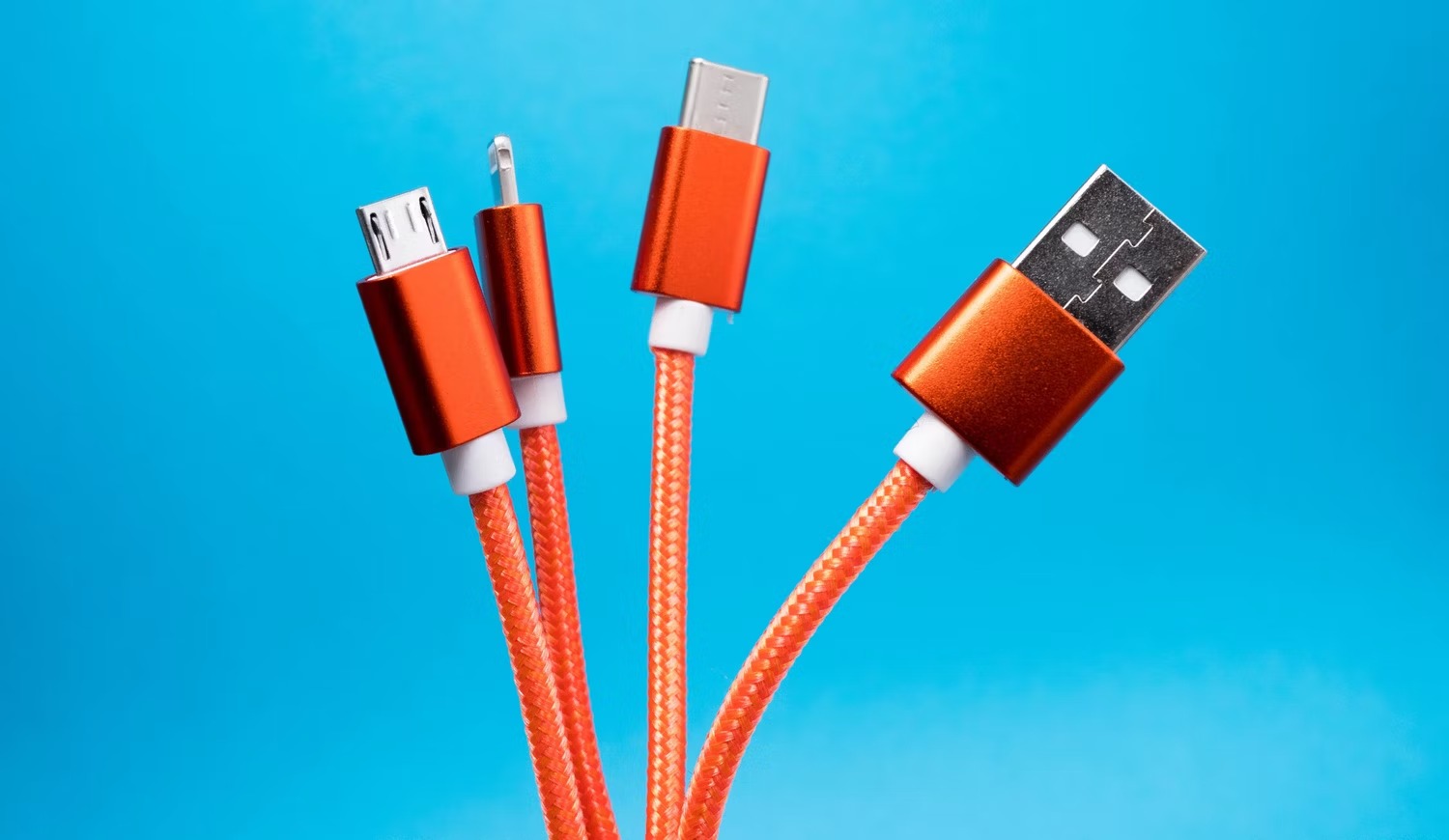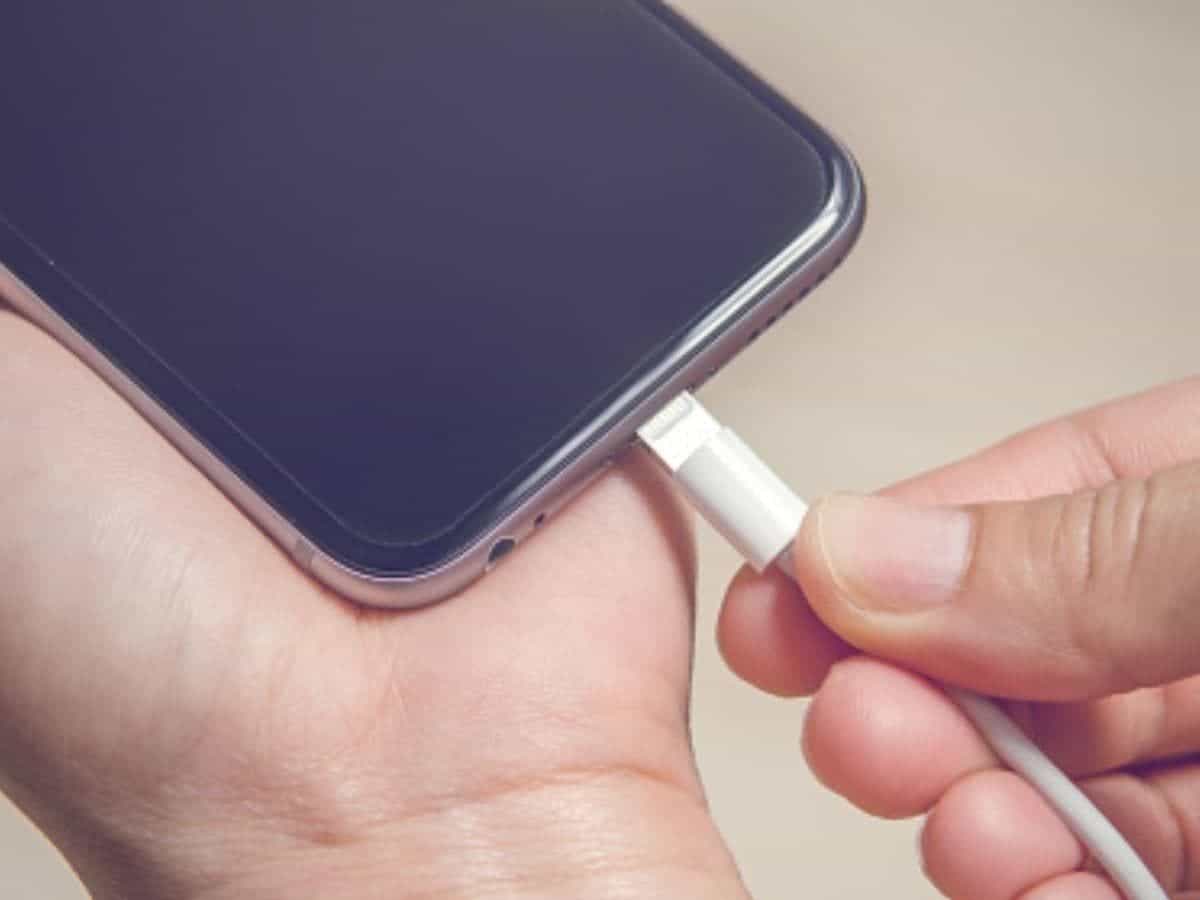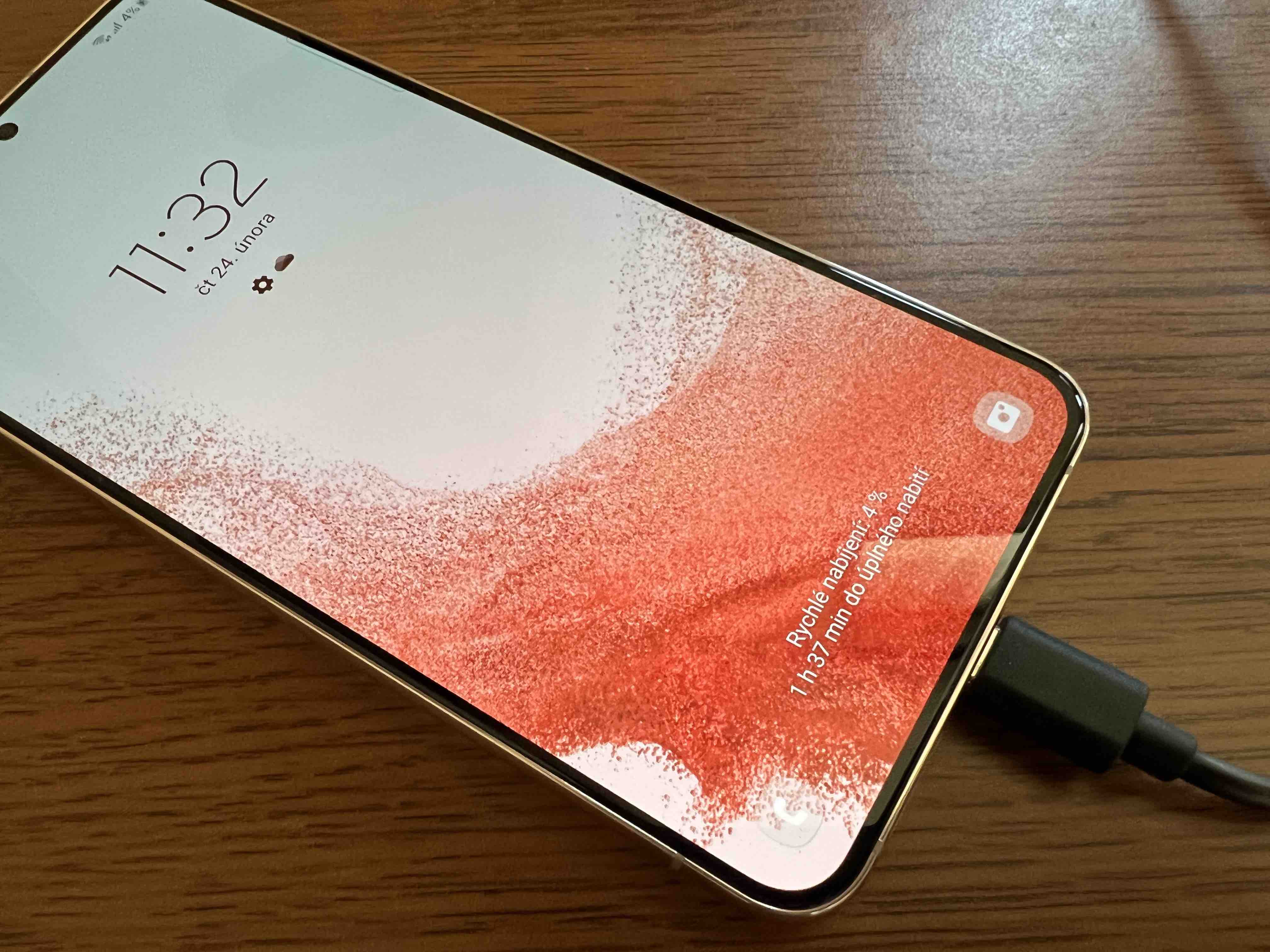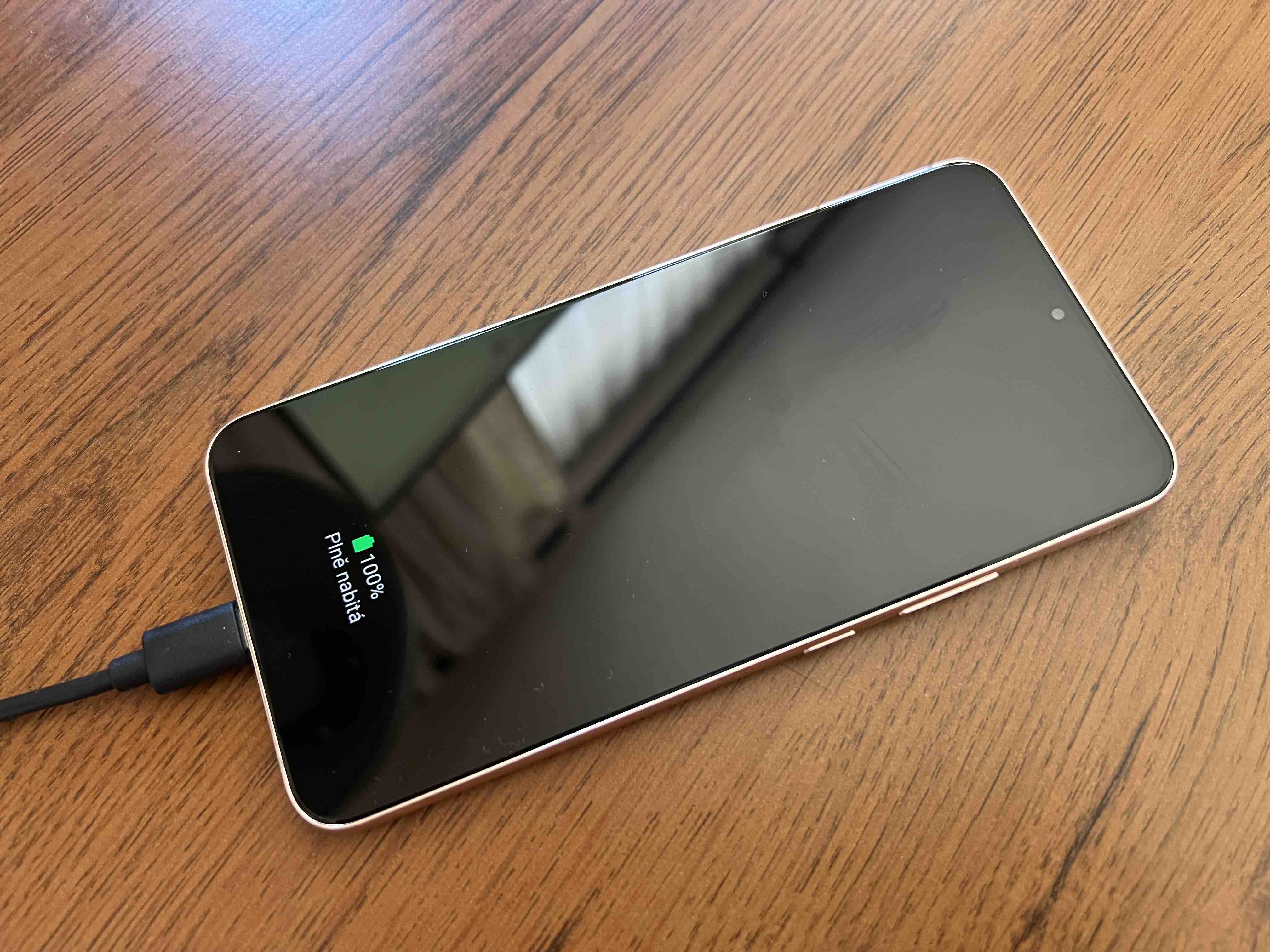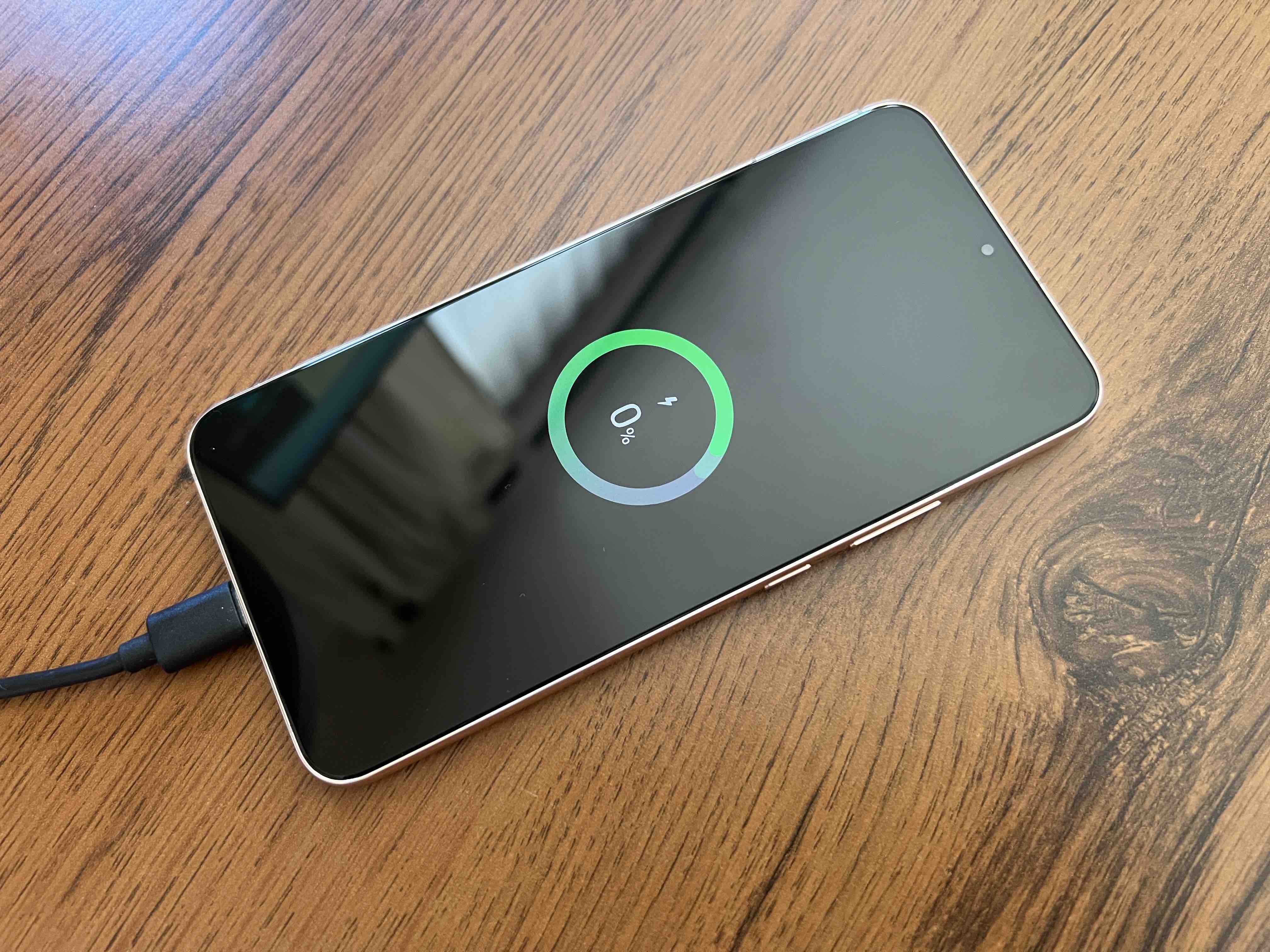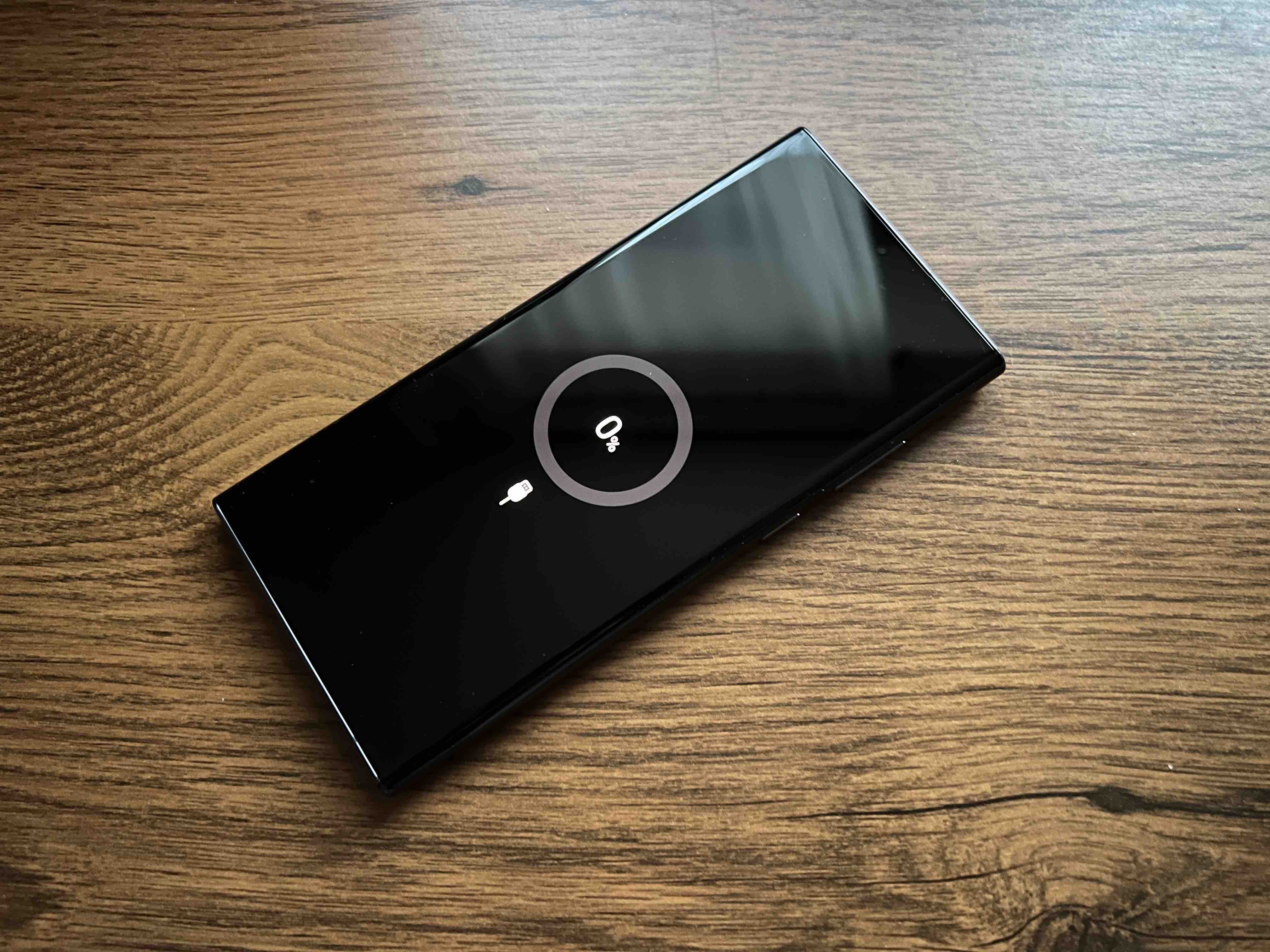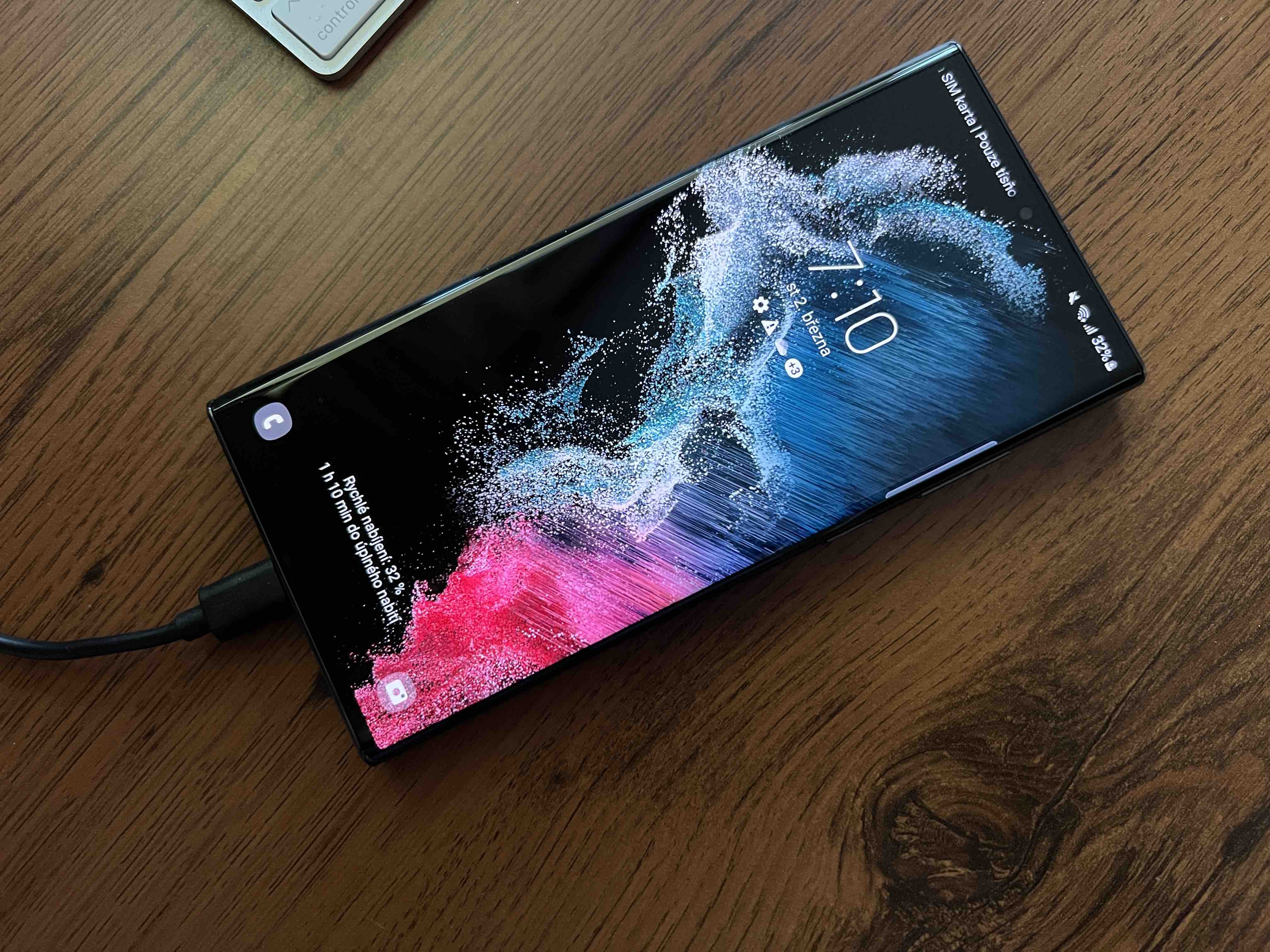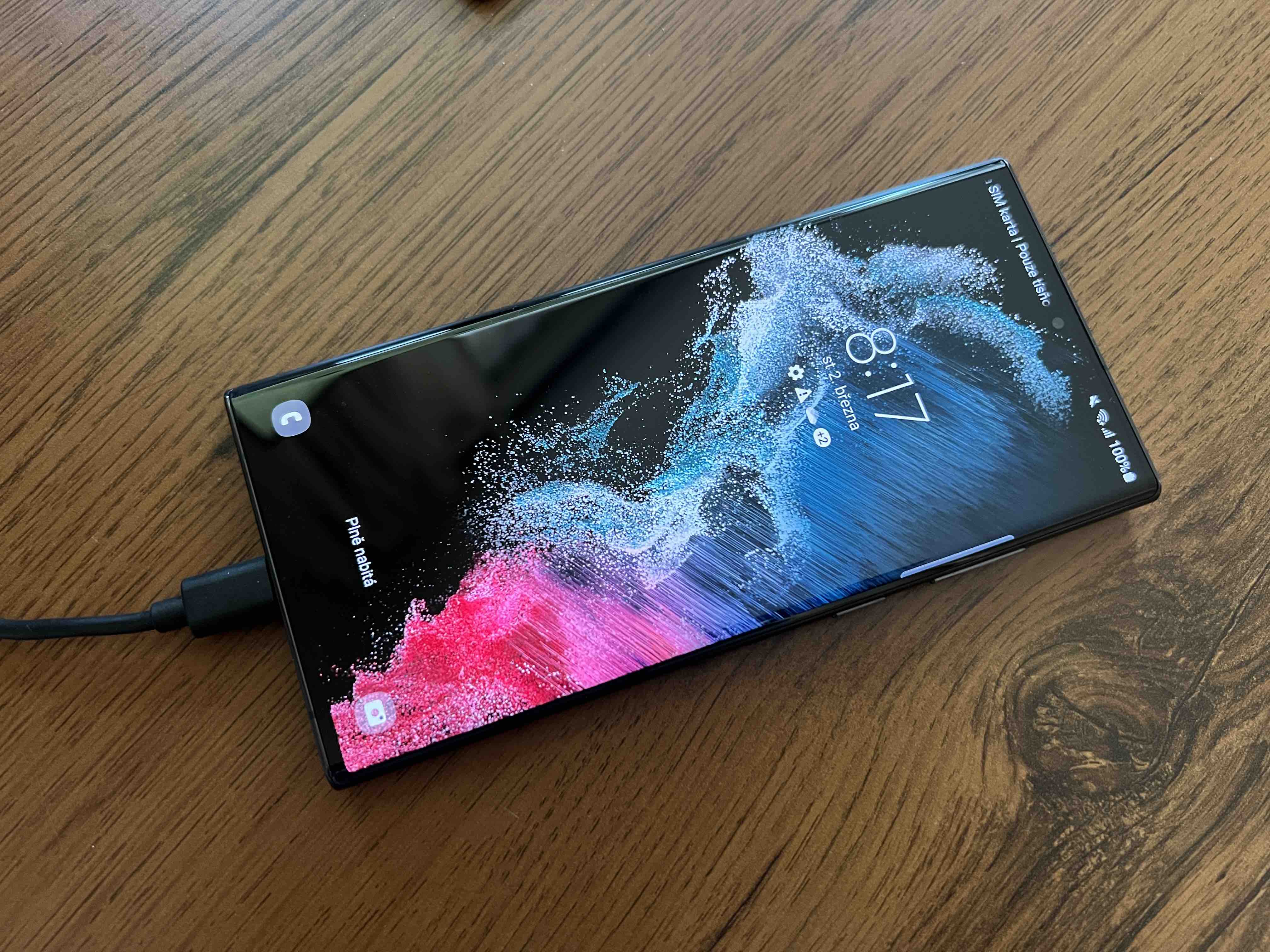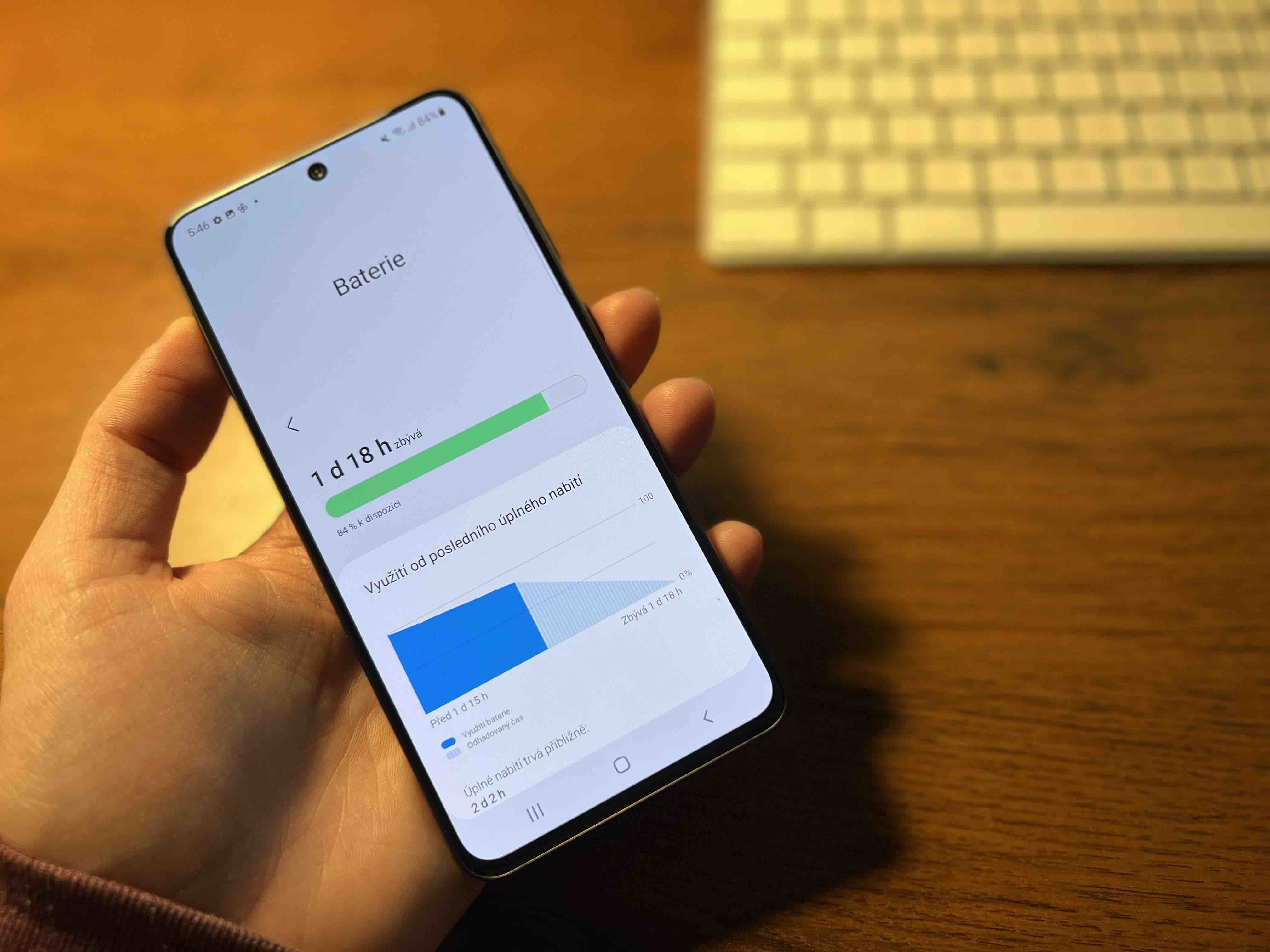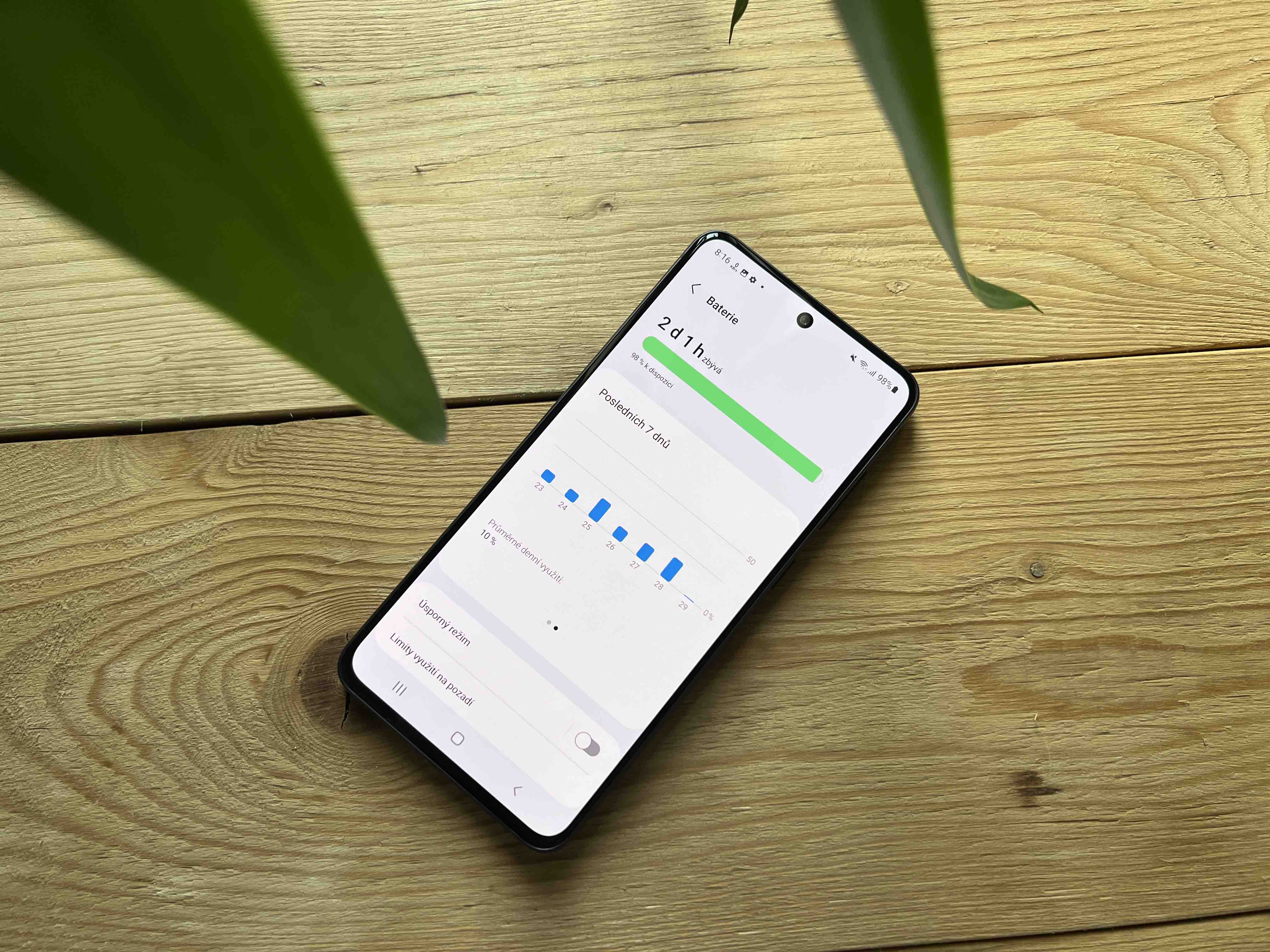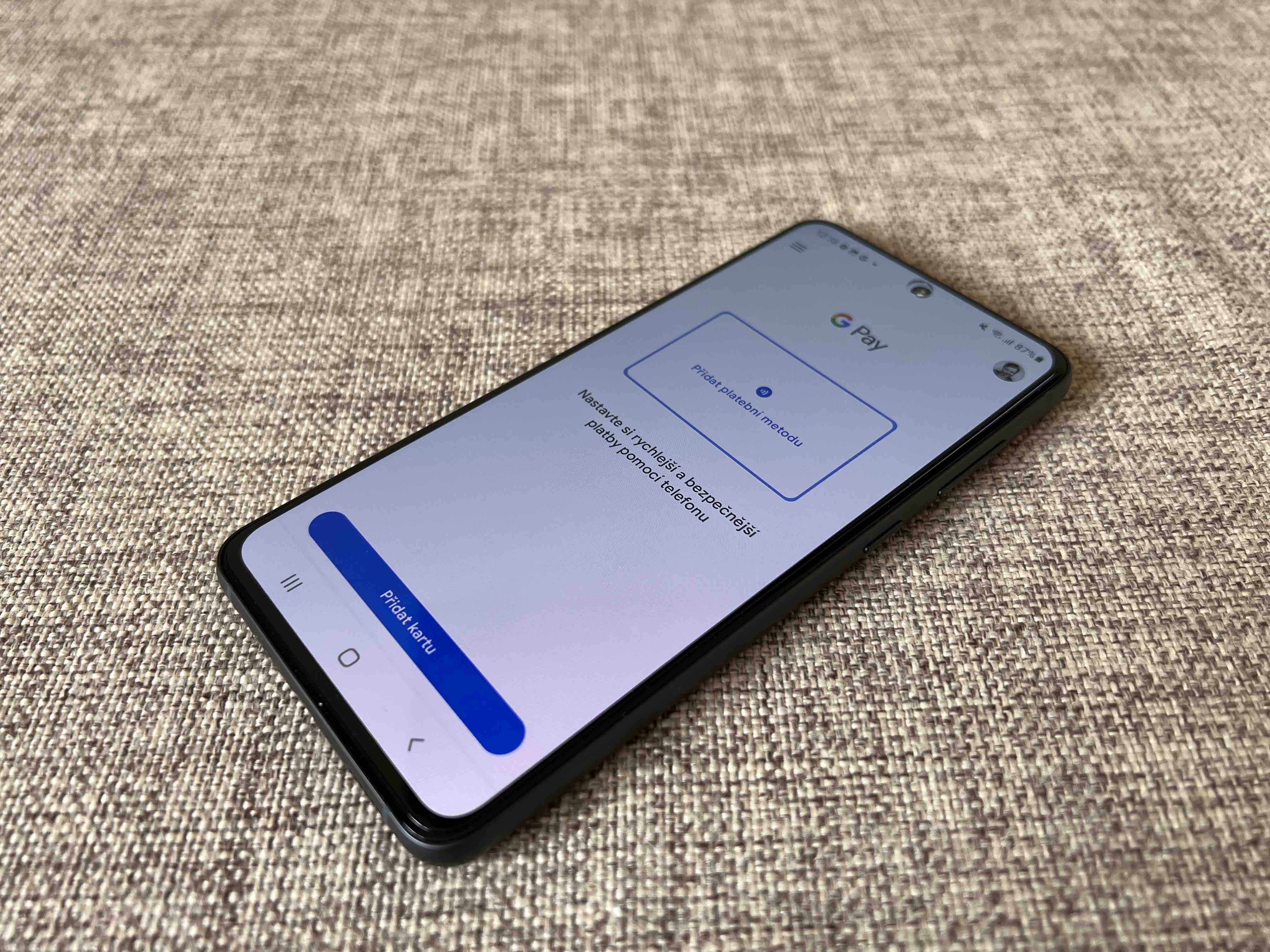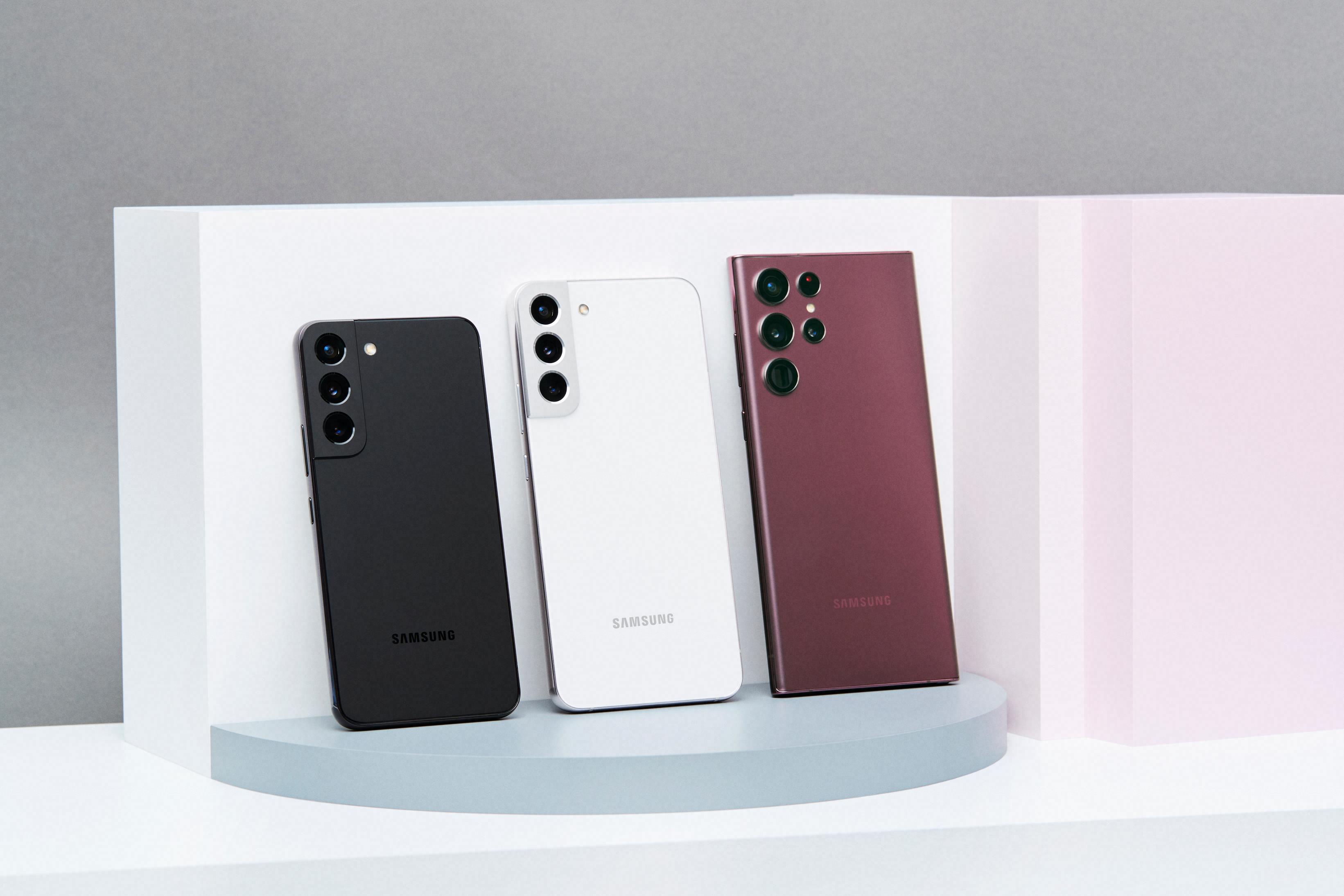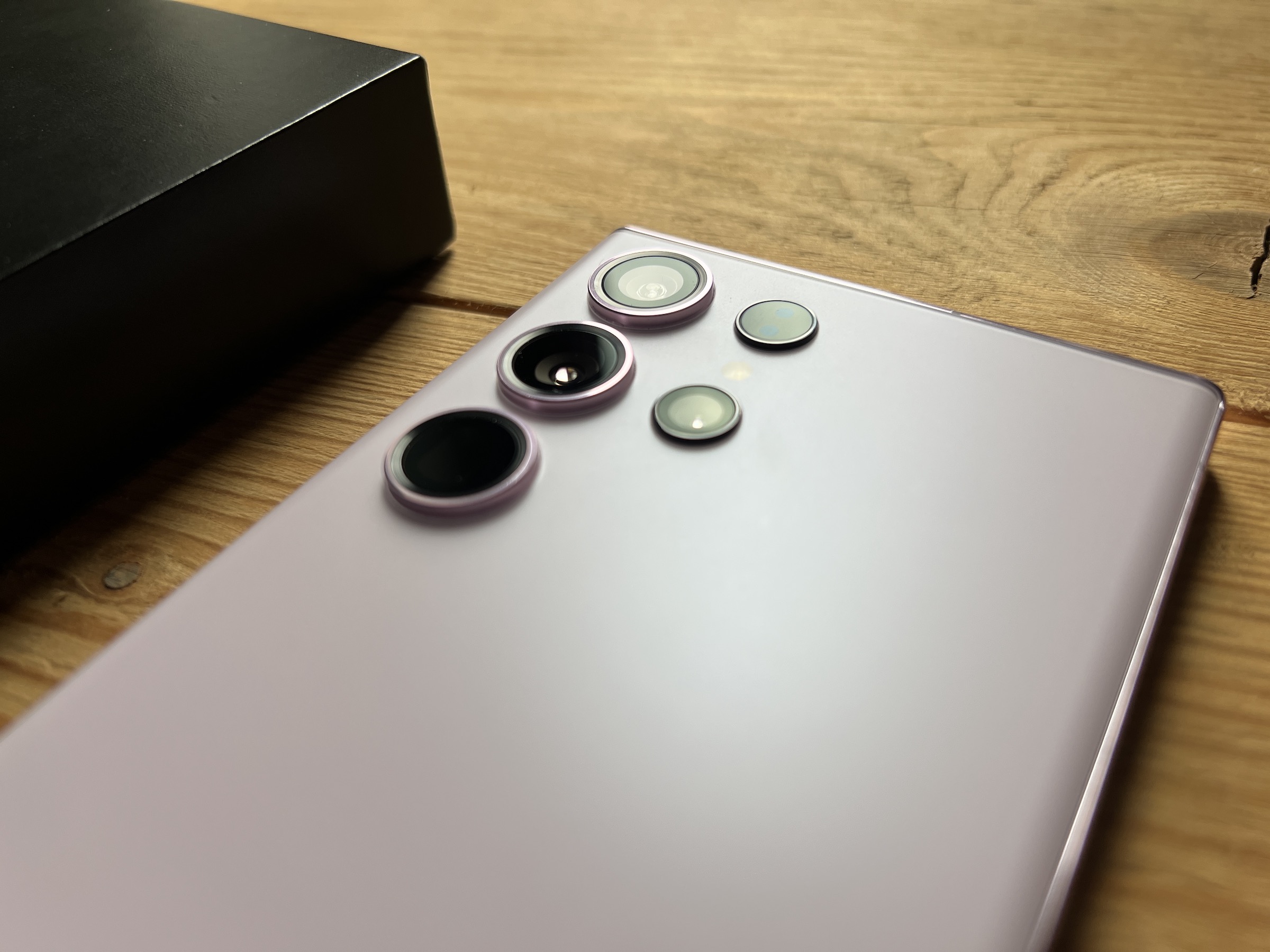The European Union has taken the final step towards a unified charging standard. Yesterday, the European Parliament overwhelmingly approved the European Commission's legislative proposal, which orders consumer electronics manufacturers to adopt a uniform charging connector for their future devices. The legislation is due to enter into force in 2024.
The draft law, which the European Commission came up with in the middle of the year, obliges manufacturers of smartphones, tablets, digital cameras, headphones and other portable devices operating in EU member states to have a USB-C charging connector for their future devices. The regulation is due to come into effect at the end of 2024 and to be extended to include laptops in 2026. In other words, from the year after next, devices using the microUSB and Lightning port for charging will not be available in our country and in the other twenty-six EU member states.
The biggest change will be for Apple, which has been using the aforementioned Lightning connector on its phones for a long time. So if it wants to continue selling iPhones in the EU, it will have to adapt or completely switch to wireless charging within two years. In any case, this is positive news for consumers, because they will not have to deal with which cable they will use to charge their devices. So the question here is what to do with iPhone owners who will be able to throw away all their Lightnings when they buy a new generation.
You could be interested in
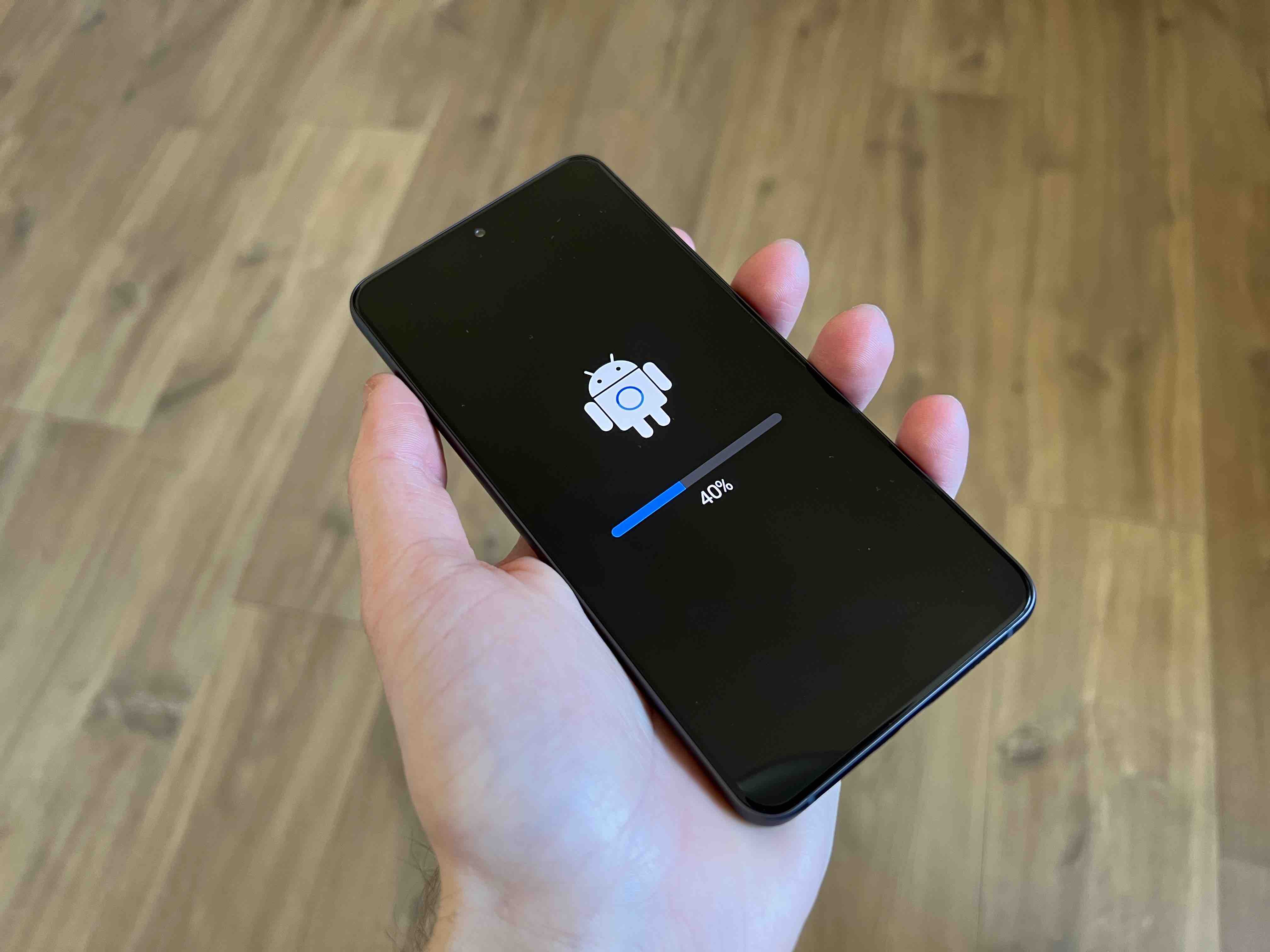
The regulation also pursues a different goal than convenience for the customer, namely the reduction of electronic waste, the creation of which contributes to the creation of various chargers across various devices - and it is precisely by throwing out "obsolete" cables that iPhone users litter the whole of Europe. The European Parliament says 2018 tonnes of e-waste were produced in 11, according to various estimates, and it believes legislation it has approved will reduce that number. However, the European Union's efforts in the field of chargers do not end with this regulation. It is expected that in the next two years it will deal with new rules for the regulation of wireless charging.
